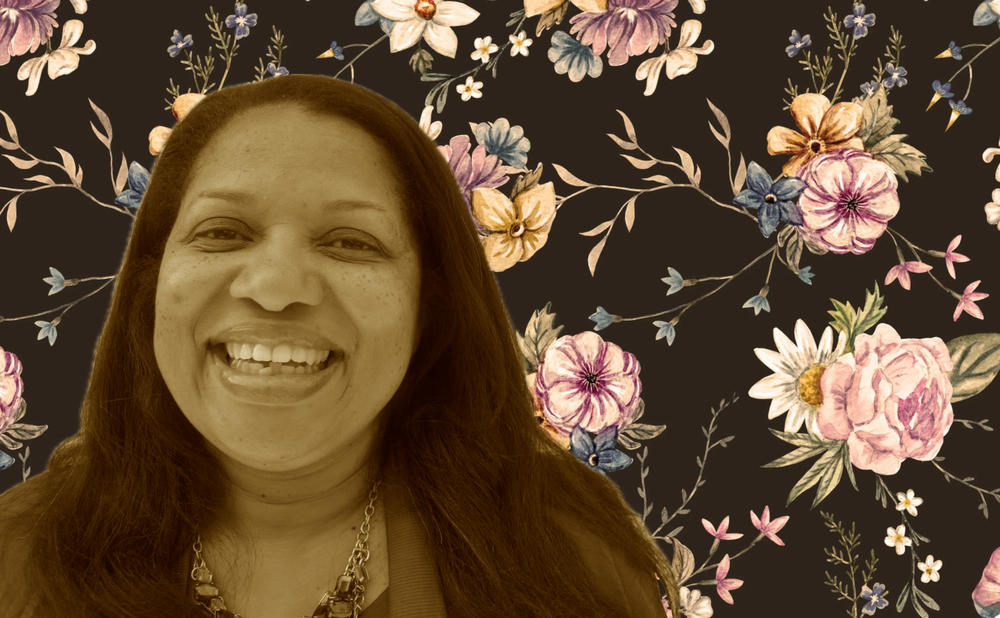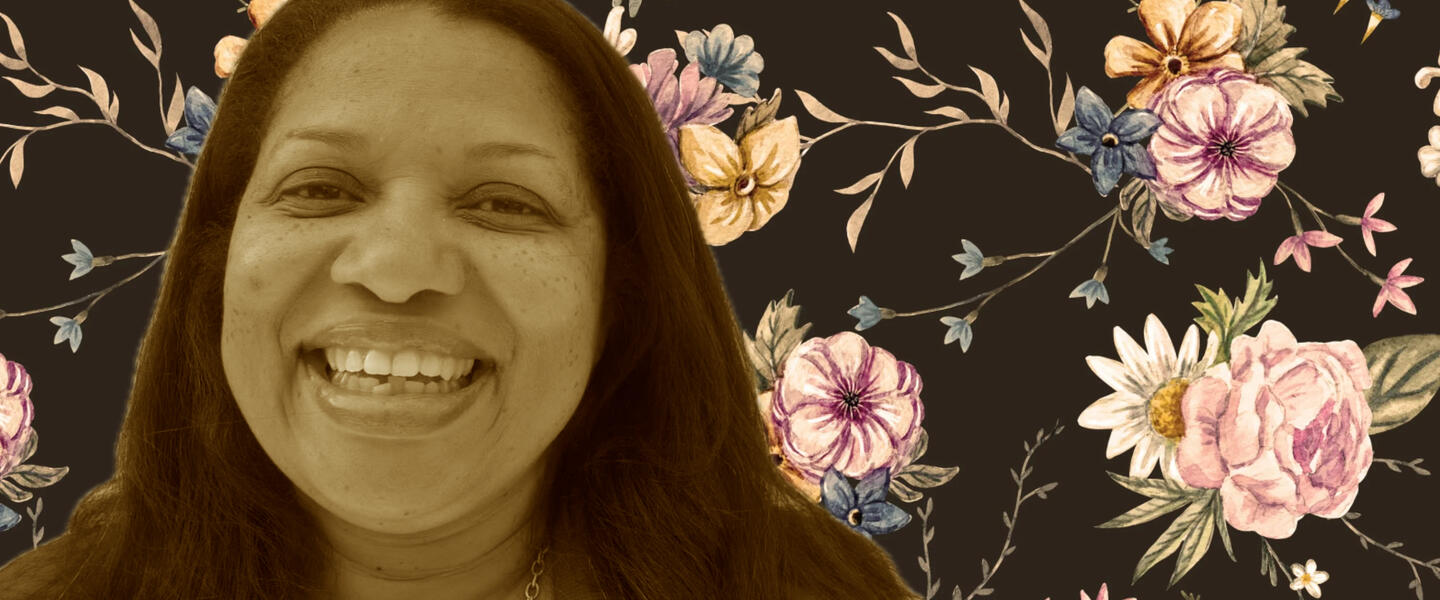
Section Branding
Header Content
To Be An Ally
Primary Content
For many years now, Salvation South editor Chuck Reece has edited publications where Southerners of all sorts can tell their stories, including stories of this region’s rich Black history. Here’s Chuck to talk about how his views of Black History Month have been evolving over those years.

TRANSCRIPT:
CHUCK REECE: It’s been more than a decade since I decided to spend the rest of my career pursuing stories of the American South, digging into what my friend Patterson Hood called, in a song he wrote, “the duality of the Southern thing.”
What duality, you ask? Well, like this one. Let’s say you grew up eating and loving fried okra, just like I did. You could just say to yourself, "That’s a Southern vegetable cooked in a Southern way, dredged in cornmeal and fried in grease."
But then, somewhere along the way, you learn okra is not a Southern vegetable. It’s not even native to our continent. Okra is native to Africa. And it is widely acknowledged that okra seeds first came to the South in the pockets of enslaved Africans.
Holding those two ideas in your head at the same time — that we have the delicious, earthy crunch of fried okra only because people enslaved in our region brought it with them — THAT is one of the dualities of the Southern thing.
Used to be that when February and Black History Month rolled around, I believed I was doing enough to acknowledge the occasion because I could acknowledge a duality like that — and because I would share it with anyone who would listen.
But right after Black History Month last year, I interviewed one of my favorite Southern poets, Jacqueline Allen Trimble, about a piece she wrote called “Allies.” That poem is simply a long list of statements, one atop the other with no breaks, that come out of the mouths of well-meaning white folks like me, who speak too often without understanding. It begins with this line:
Thank you for letting me know you voted for the black guy.
I told Jackie I thought an ally was a good thing to be, and she told me that an ally is just somebody who cheers from the sidelines. That I could go deeper than just understanding the history and having empathy.
DR. JACKIE TRIMBLE: What happens to you is not just something I have sympathy or empathy for. What happens to you matters to me. It affects me. It directly affects my life. And until we realize that, we are never going to get anywhere in this race conversation. You can't just be for my cause. It has to be YOUR cause.
CHUCK REECE: What does that mean I should do differently? I’ll probably spend the rest of my life figuring that out. But I know this: Hearing those words prompted me to think more deeply about a bedrock principle by which I try to live my own life — to love my neighbors as I love myself. And I have come to understand that “neighbor” doesn’t just mean the folks on my street, or the folks I grew up with, or the kids I went to school with. It means everybody. It means all of us.
If you want to hear my full interview with Jackie Trimble, check out our episode on the Salvation South podcast feed. And if you want to be challenged by a little of Jackie Trimble’s fierce poetry, you can read some at SalvationSouth.com, any time of the day or night.
Salvation South editor Chuck Reece comments on Southern culture and values in a weekly segment that airs Fridays at 7:45 a.m. during Morning Edition and 4:44 p.m. during All Things Considered on GPB Radio. Salvation South Deluxe is a series of longer Salvation South episodes which tell deeper stories of the Southern experience through the unique voices that live it. You can also find them here at GPB.org/Salvation-South and wherever you get your podcasts.







